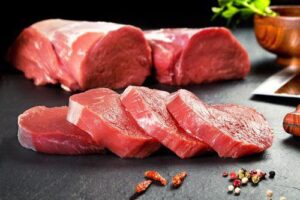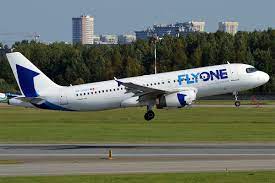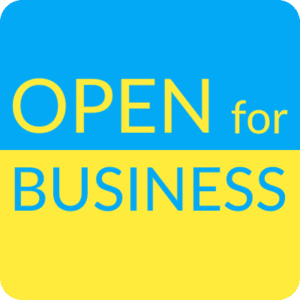
The single counterparty exposure limit (H7, shall be no more than 25%) as of August 1, was violated by Prominvestbank (96.59%) and Industrialbank (46.75%), according to the website of the National Bank of Ukraine (NBU).
According to the regulator, the related party transactions exposure limit (H9, shall not exceed 25%) was violated by First Investment Bank (36.3%).
The limit on bank total long open FX position (L13-1, shall be no more than 10%) was violated by Oschadbank (140.725%), Prominvestbank (128.25%), PrivatBank (85.83%) and Industrialbank (18.65%).
The limit on bank total short open FX position (L13-2, shall be no more than 10%) was violated by Prominvestbank (137.27%).
The newly introduced net stable funding ratio (NSFR, shall be more than 80%) was violated by Prominvestbank (27.43%).
Bank Zemelny Capital violated six standards, namely: minimum regulatory capital H1 (UAH 102.942 million, shall be at least UAH 200 million), short-term liquidity ratio H6 (48.71%, shall be more than 60%), N7 standard (37.27%, shall be no more than 25%), the related party transactions exposure limit H9 (30.11%, shall not exceed 25%), the liquidity coverage ratio LCR for all currencies (15.31%, shall be at least 100%), as well as net stable funding ratio NSFR (69.8%, shall be more than 80%).

Sales of meat for slaughter (in live weight) decreased by 2.6% in Ukraine in January-July 2021, year-over-year, to 1.84 million tonnes, milk production by 6%, to 5.19 million tonnes, eggs by 14.4%, to 8.64 billion pieces, the State Statistics Service of Ukraine said on the website on Tuesday.
According to it, as of August 1, the poultry population in Ukraine decreased 3.5%, year-over-year, to 240.3 million heads, cattle by 6.4%, to 3.22 million heads (including the number of cows decreased by 5.9%, to 1.66 million heads), sheep and goats by 5.3%, to 1.37 million heads, while the number of pigs remained unchanged at 6.11 million heads.
The sale of poultry for slaughter by agricultural enterprises decreased 1.5% in January-July 2021 versus January-July 2020 and amounted to 381.1 million heads, the sale of pigs grew by 10.8%, to 2.94 million heads, cattle fell by 12.6%, to 185,200 heads, sheep by 26.1%, to 27,000 heads.
Agricultural enterprises for the same period sold 22.6% fewer eggs, reaching 4.03 billion pieces.

Moldovan low-cost airline FlyOne will start operating flights from Chisinau to Kyiv from October 1, the State Air Traffic Service Enterprise (UkSATSE) reported on its Facebook page on Wednesday.
According to him, the airline will fly to the international airport Kyiv named after Ihor Sikorsky (Zhuliany) three times a week, and from October 24, the frequency of flights per week will increase to four.
According to the information published on the airline’s website, flights will first be operated on Mondays, Wednesdays and Fridays, and then also on Sundays. The duration of the flight is one hour.
FlyOne was founded at the end of March 2016. Its current fleet consists of five Airbus A320-200s and one Airbus A319-100.

Open4Business is a platform created to help foreign businesses to search for opportunities and expand to Ukrainian market.
The platform and related organizations provide a holistic set of services needed to successfully penetrate the Ukrainian starting from establishing foreign trade relations with local companies and up to establishing a subsidiary or acquiring a company in Ukraine.
You are welcome to contact:
info@open4business.com.ua
tel./fax: +38(067)970-52-59
The List of Main Services:
– Market information and market intelligence
– Searching trade partners and organizing fact finding trips
– Governmental relations
– PR campaigns
– Full range of M&A services
– Production outsourcing project management
– Legal advisory services including licencing and certification, etc. (together with associated companies).
UKRAINIAN POPULATION BY REGIONS AS OF JUNE 1, 2021
